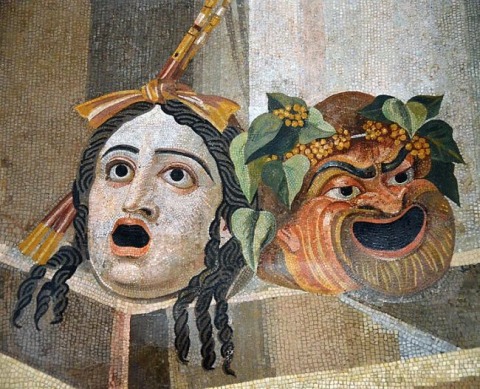
Query:
My students have just finished your book How and How Not to be Happy. They all really liked it. Several, some of them atheists, emailed me privately that the book helped them rethink their lives and values in a positive way. One told his mom to listen to it in the audio version.
However, several did have questions and objections. In particular, what would you say about people who claim they don't experience the desire for complete happiness? And what would you say about people who seem to be perfectly happy but are atheists?
Reply:
I’m glad they liked the book! Concerning their first question or objection, “What would you say about people who claim they don't experience the desire for complete happiness?” Let me ask in turn, if they don’t desire that kind of happiness, then what kind do they desire? Partial, flawed, and precarious happiness? I don’t believe it. Complete happiness means happiness so perfect that it leaves nothing further to be desired. Do they not desire that? They may not be pining away, saying “More, more, more!” But I don’t think they are pleading, “Okay, I’m happy enough now! Don’t make me any happier, I’m begging you!”
Just like everyone else, people who speak as they do desire complete happiness -- but for fear of disappointment, they are trying not to desire it. They say they “don’t experience the desire for” complete happiness because they are trying to resign themselves to not having all that they could wish. They think they will be happier if they “settle.”
Concerning the second question or objection, “What would you say about people who seem to be perfectly happy but are atheists?” -- I wouldn’t dream of denying that an atheist might have the partial, flawed, precarious happiness of this life. The closest formula for that is good character along with good fortune – as I put it in the book, virtue plus luck. But of course none of us has as much virtue as he needs, and the thing about luck is that it tends to run out.
But really -- perfectly happy? If anyone did claim that he couldn’t be any happier than he already was, I would say that he didn’t have much imagination. I don’t even claim perfect happiness for theists in this life, because the happiness of the blessed will not be complete until we see God. They will be perfectly happy only when we are face to face with the very source of all meaning and happiness, who redeems even our present suffering. For now, we live in hope and longing.
Maybe that’s a good note on which to end this Advent post.
Related:
How and How Not to Be Happy
“God Rest Ye Merry, Melancholics”